The proxy war in Ukraine is heading to a denouement with the US and Russia dividing the spoils while the European powers stand bewildered by events they have been wilfully blind to, says KEVIN OVENDEN
The three pillars of ‘rape culture’ – religion, patriarchy and capitalism
History shows that legal frameworks alone cannot end the scourge of sexual abuse and the struggle against women’s subjugation takes place against a broader context where male interests have been prioritised over generations, writes BHABANI SHANKAR NAYAK
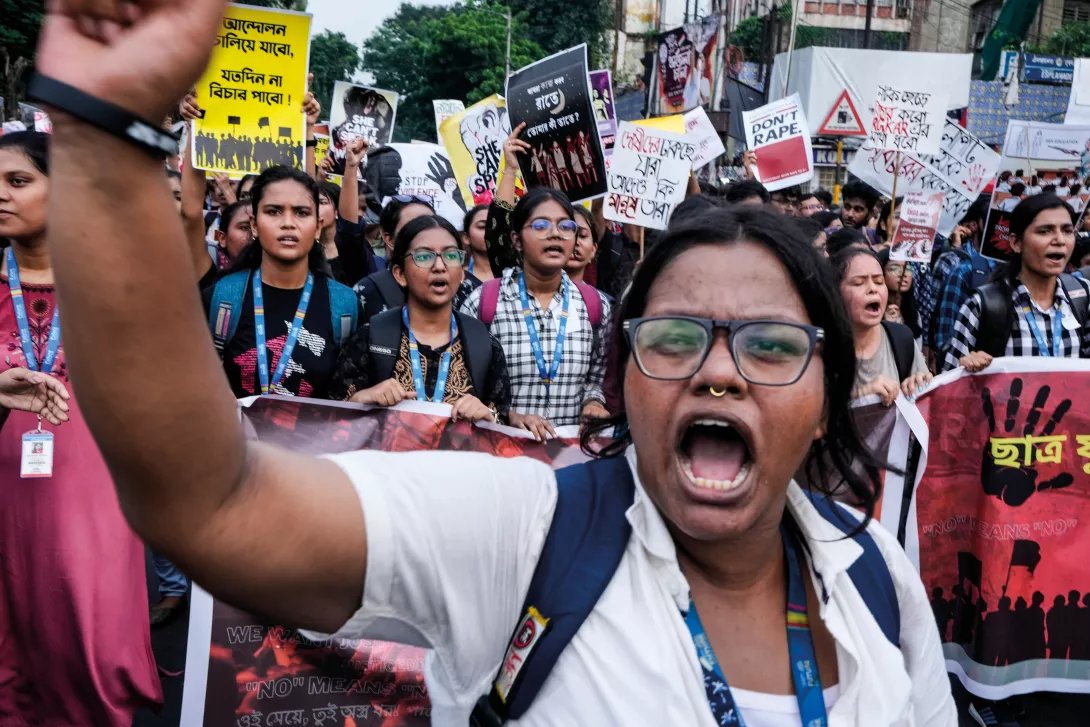
THE World Population Review’s Rape Statistics by Country (2024) highlights the widespread scope and severity of issues of rape and sexual violence against women, revealing the alarming frequency and nature of this global crisis.
According to the report, while Botswana holds the hopeless title of the “rape capital of the world,” the so-called two largest democracies are not far behind.
In the United States, the frequency of rape varies by state, but it averages out to one incident every one to two minutes. Similarly, the National Crime Records Bureau of India reports a disturbing rise in rape cases, with 31,000 cases recorded in 2022 alone.
More from this author

New tariffs on Chinese electric cars protect European capitalists at European consumers’ and workers’ expense, writes BHABANI SHANKAR NAYAK, showing a continuation of neocolonial trade practices

The notorious ‘free’ market think tank happily allies with Narendra Modi’s authoritarianism to push a perverse economic ideology that has only ever deepened inequality and poverty worldwide, reports BHABANI SHANKAR NAYAK

While the defeat of the fascist BJP is welcome, division within the Indian left is holding back progress, writes BHABANI SHANKAR NAYAK
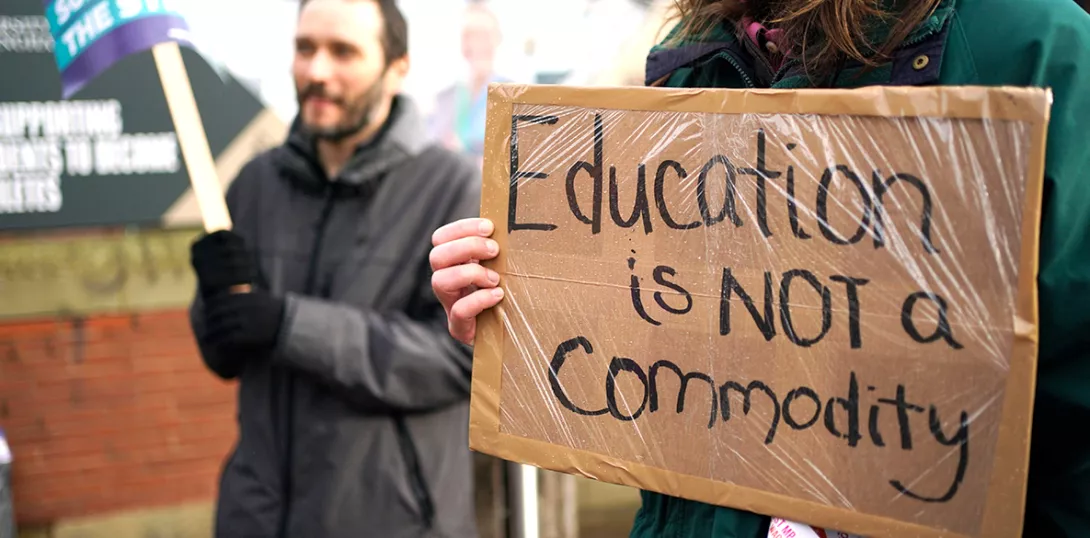
We must question the viability of universities as critical spaces to challenge power for a sustainable future, writes BHABANI SHANKAR NAYAK
Similar stories
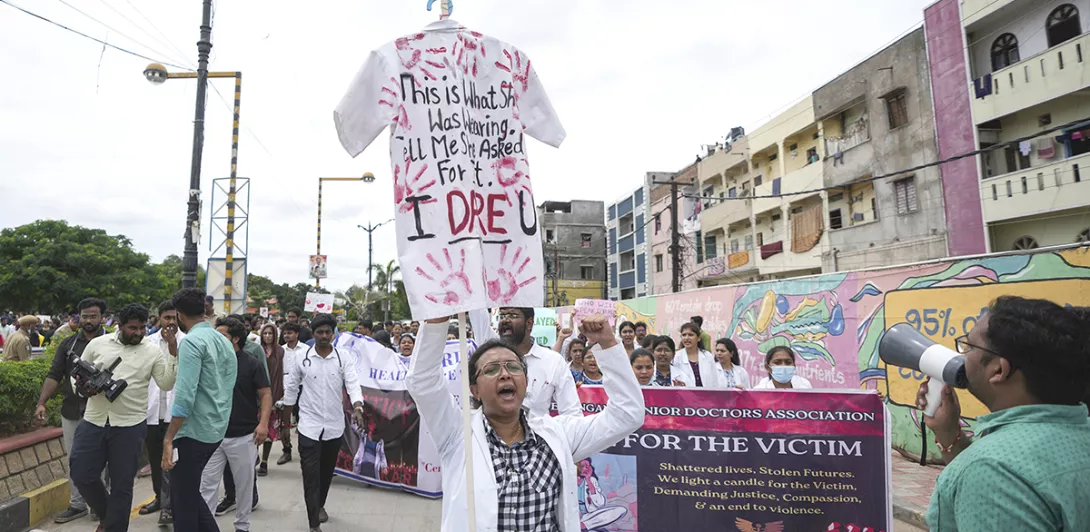
The state government, police and hospital administration are under suspicion for spreading false rumours, victim-blaming, destroying evidence and engaging in a cover-up to prevent the perpetrators from being brought to justice, writes MARIAM DHAWALE
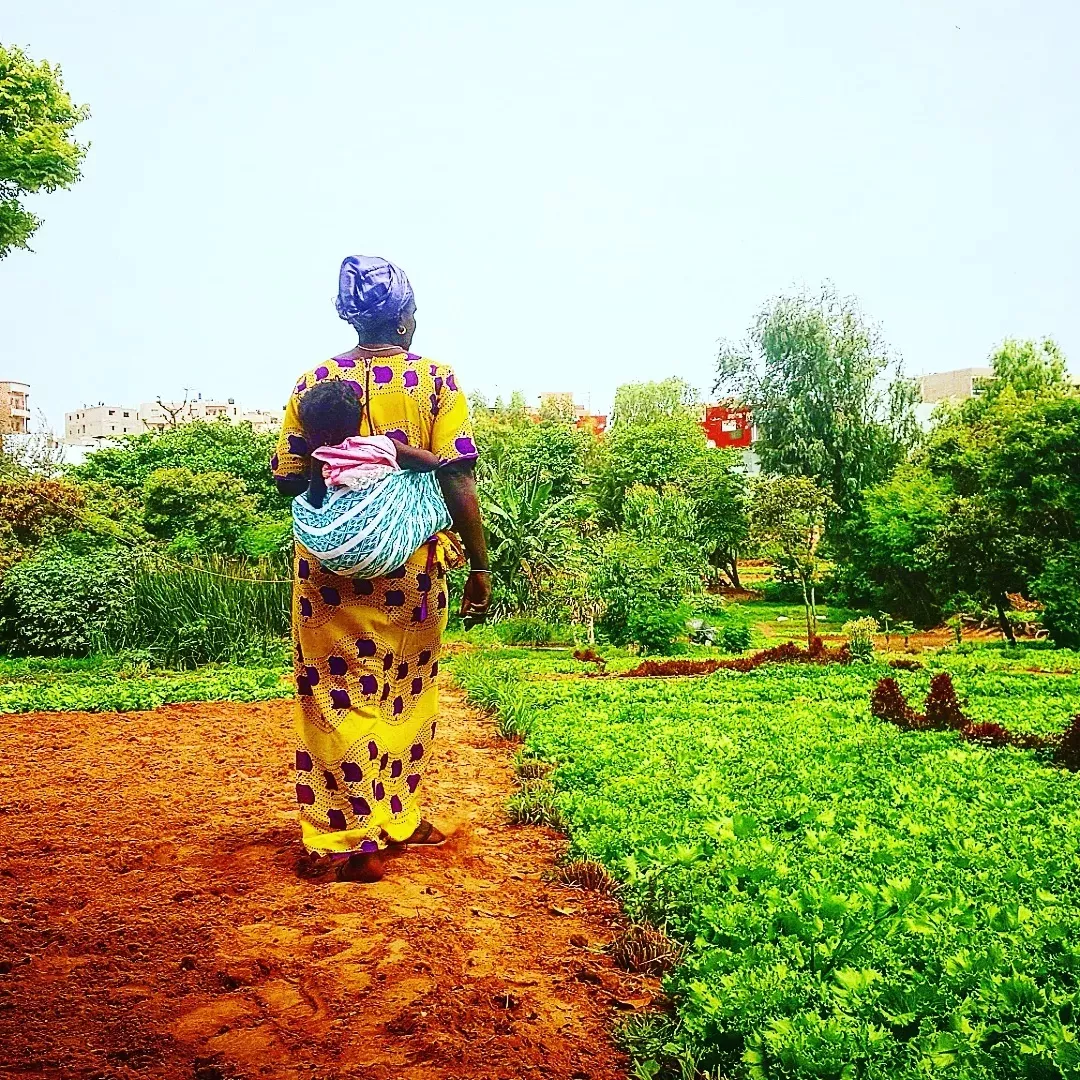
Radical feminist BAZILE paints a picture of life in Senegal, where class, patriarchy and religion act to keep women in a state of subordination
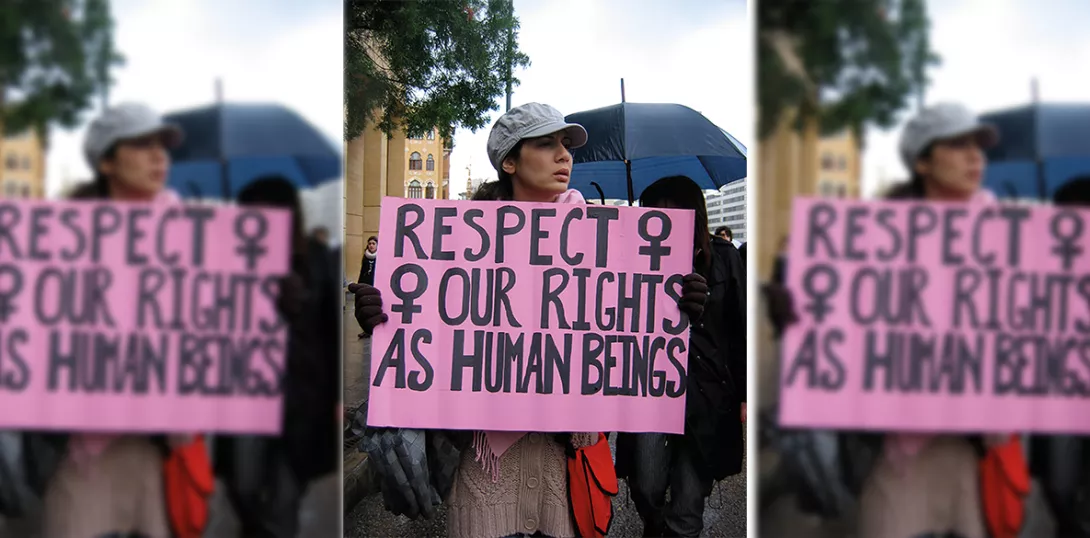
The relevance that rape law places on ‘a rapist’s state of mind’ makes a mockery of women’s autonomy, argues legal scholar WENDY MURPHY










